Alibaba Group Chairman Joe Tsai confirmed that the company is working with Apple to deploy artificial intelligence (AI) on iPhones sold in China. Tsai revealed the information at the World Government Summit in Dubai yesterday (February 13).
According to Mr. Tsai, "Apple talked to several companies in China and finally chose to do business with us. They want to use Alibaba's AI technology to power their phones."
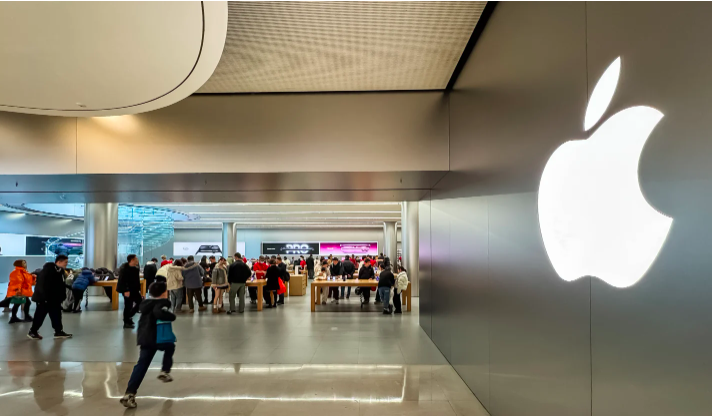
Apple decided to cooperate with Alibaba to deploy AI on iPhones sold in the Chinese market.
The partnership was first reported by tech news organization The Information on Tuesday, sending Alibaba and Apple shares soaring.
Shares of Alibaba, listed in Hong Kong (China), surged on Thursday and hit their highest level since 2022 in intraday trading before narrowing gains, eventually rising 2.5%.
The announcement could clarify Apple's AI strategy in China, helping the company better address growing competition as the iPhone's market share declines in the world's largest smartphone market. Industry analysts point out that the lack of advanced AI features, a key selling point on new-generation smartphones, is a significant disadvantage for Apple in the increasingly fierce competition in the Chinese market.
While local rivals like Huawei have been touting AI features on their devices since last year, Apple has remained quiet about pushing “Apple Intelligence” into the market, despite planning a US launch this fall.
Apple Intelligence is the Cupertino-based company's plan to bring AI to its devices, including an improved version of its voice assistant Siri, as well as features that automatically organize emails, transcribe and summarize audio.
Apple’s annual iPhone shipments in China have fallen 17%, due to increased competition from domestic manufacturers, according to market research firm Canalys. Low-cost phone maker Vivo now has the largest market share with 17%, while Huawei is second with 16%, pushing Apple into third place with 15%.
Analysts have said that Apple's AI rollout in China may have been stalled due to the country's strict regulations on the technology.
Beijing has issued a variety of AI regulations in recent years, some of which require large language models to be approved for commercial use. Generative AI providers are also responsible for removing “illegal” content.
However, Tsai said Thursday that the partnership with Alibaba could give Apple a local partner to help the company navigate the regulatory environment and localize its AI.
Alibaba is one of the Chinese tech giants that has built its own large language models and voice assistants. In late January, Alibaba released a new version of its artificial intelligence model Qwen 2.5, which is said to outperform DeepSeek-V3, which shocked the tech industry in the early days of 2025 with its low cost and performance similar to OpenAI's ChatGPT.
(Source Reuters, CNBC)
Source: https://www.baogiaothong.vn/apple-bat-tay-alibaba-giai-cuu-iphone-tai-trung-quoc-192250213225908576.htm


![[Photo] Prime Minister Pham Minh Chinh meets with General Secretary and President of China Xi Jinping](https://vstatic.vietnam.vn/vietnam/resource/IMAGE/2025/4/14/893f1141468a49e29fb42607a670b174)
![[Photo] National Assembly Chairman Tran Thanh Man meets with General Secretary and President of China Xi Jinping](https://vstatic.vietnam.vn/vietnam/resource/IMAGE/2025/4/14/4e8fab54da744230b54598eff0070485)
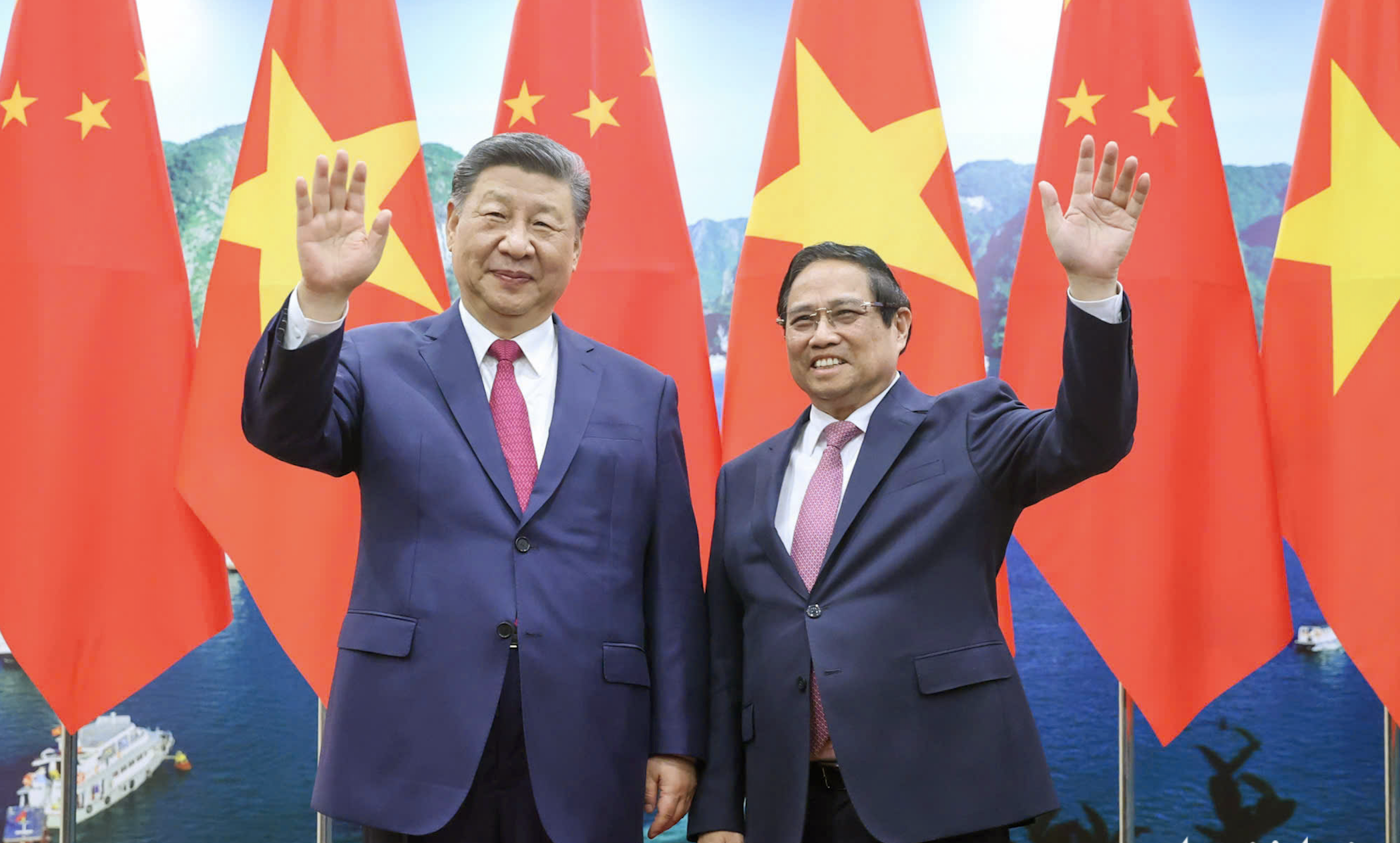
![[Photo] Reception to welcome General Secretary and President of China Xi Jinping](https://vstatic.vietnam.vn/vietnam/resource/IMAGE/2025/4/15/ef636fe84ae24df48dcc734ac3692867)
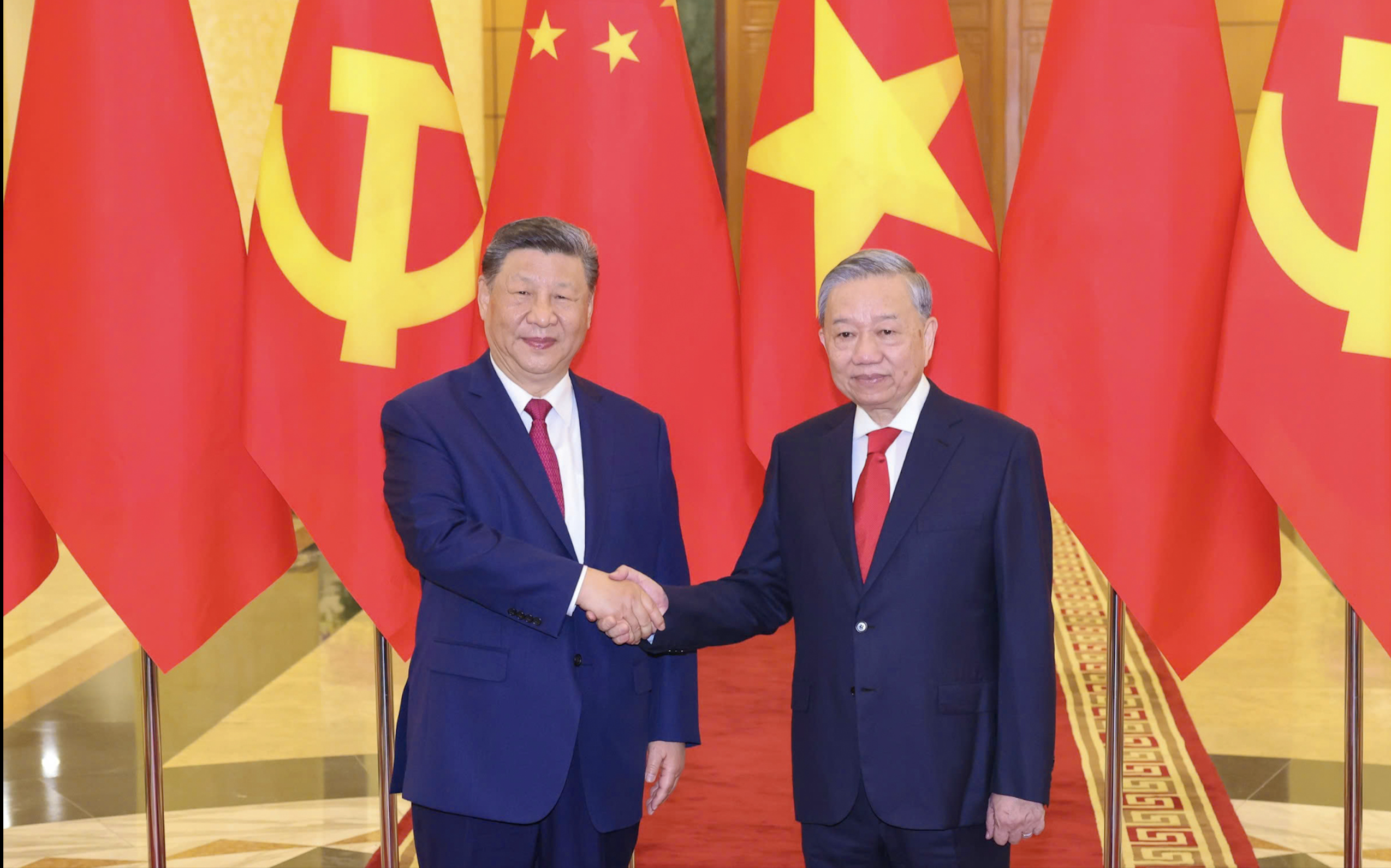
![[Photo] Tan Son Nhat Terminal T3 - key project completed ahead of schedule](https://vstatic.vietnam.vn/vietnam/resource/IMAGE/2025/4/15/85f0ae82199548e5a30d478733f4d783)
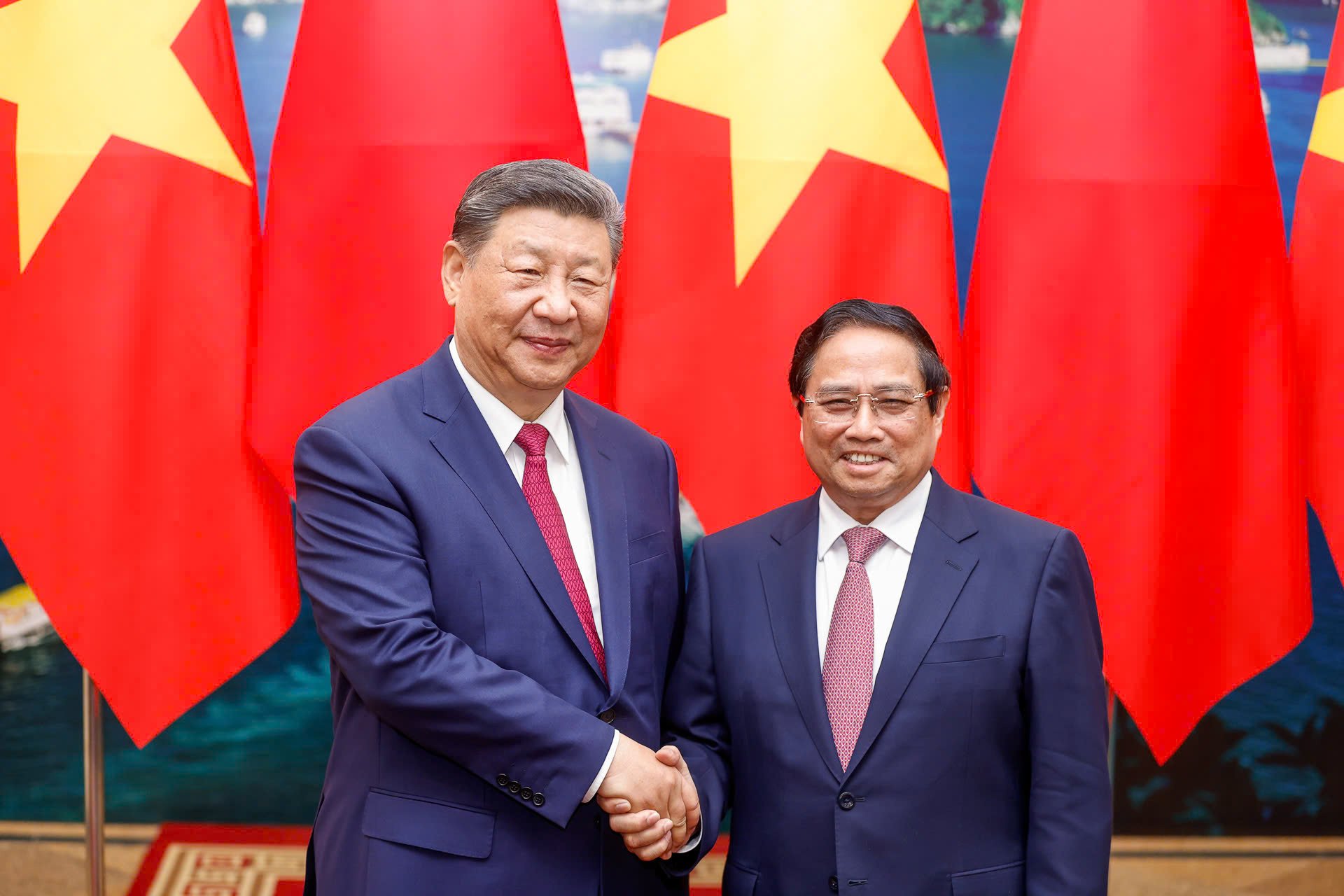

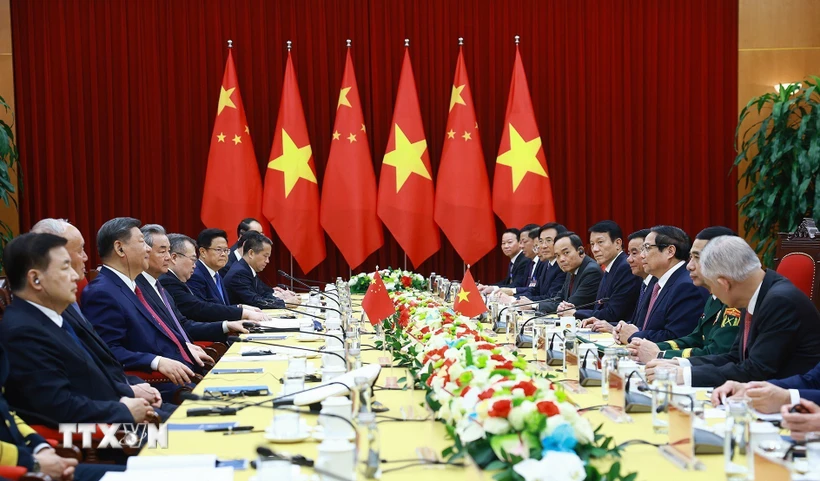

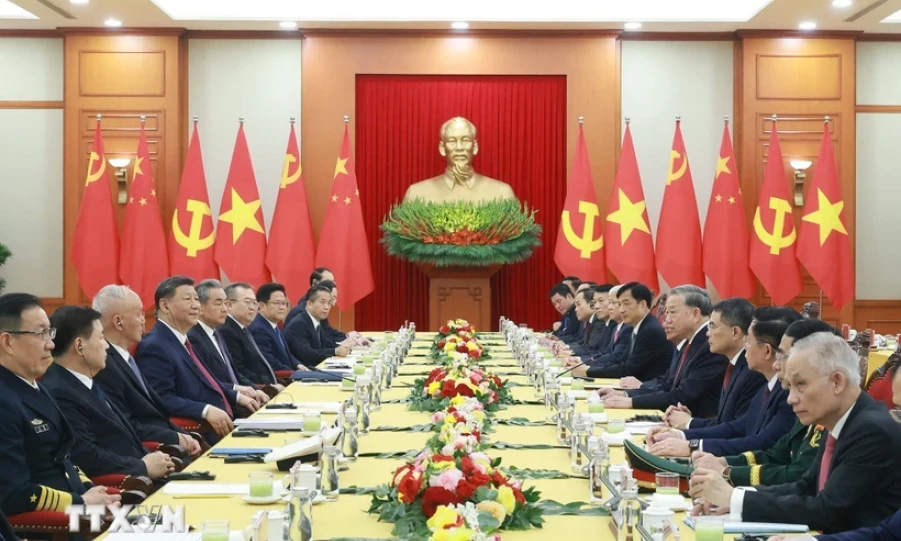

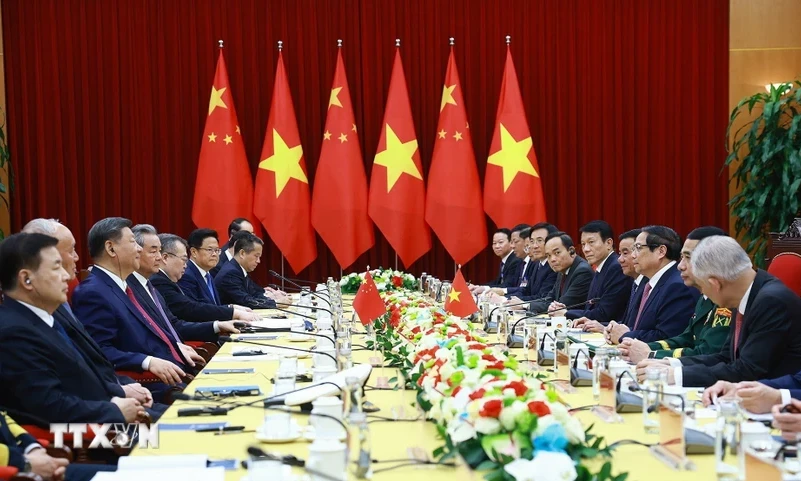
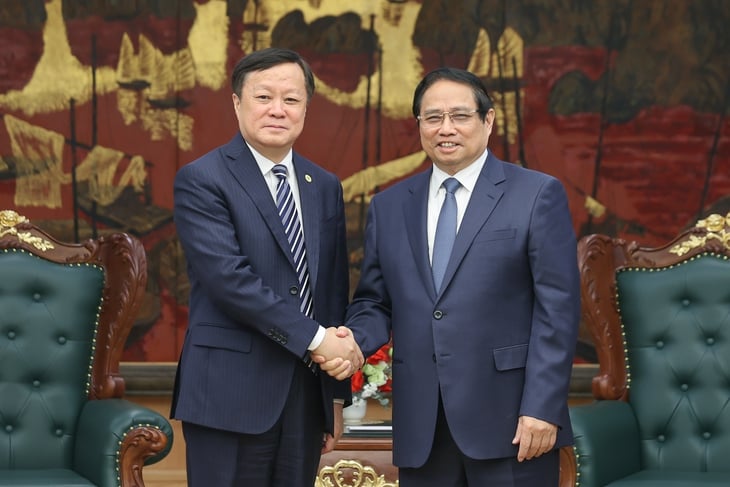

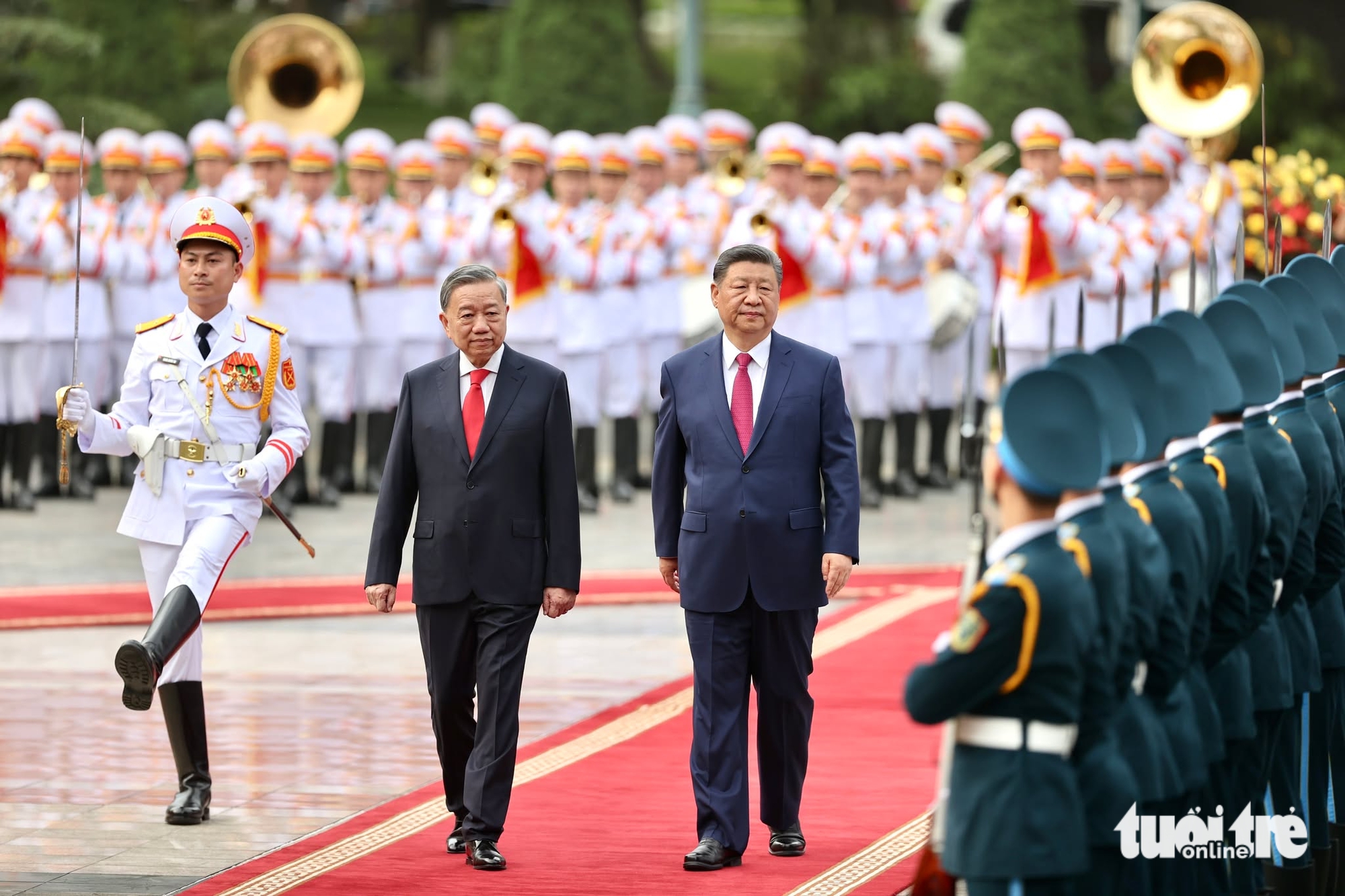
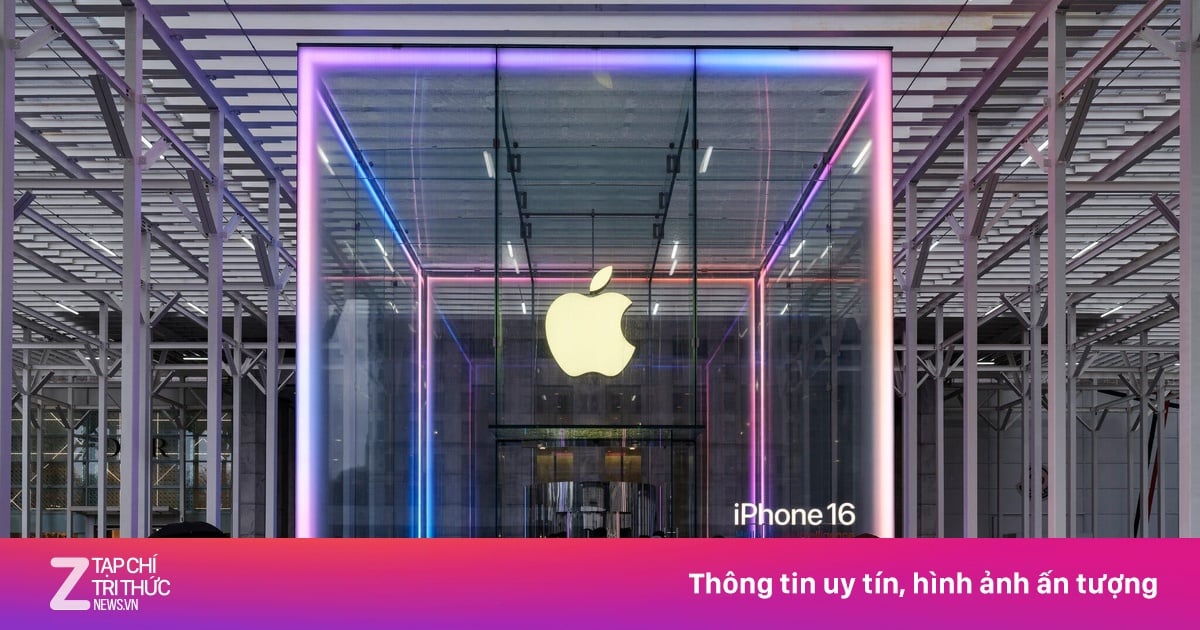
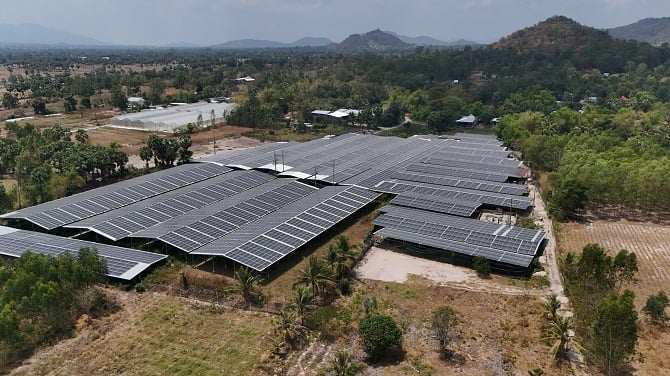
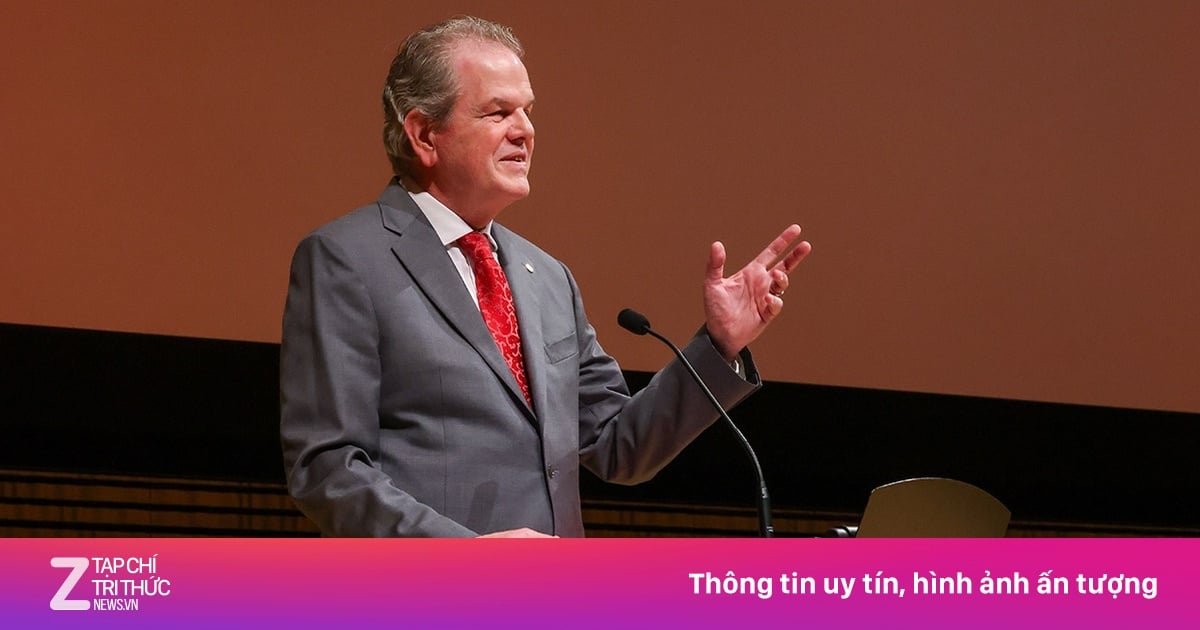
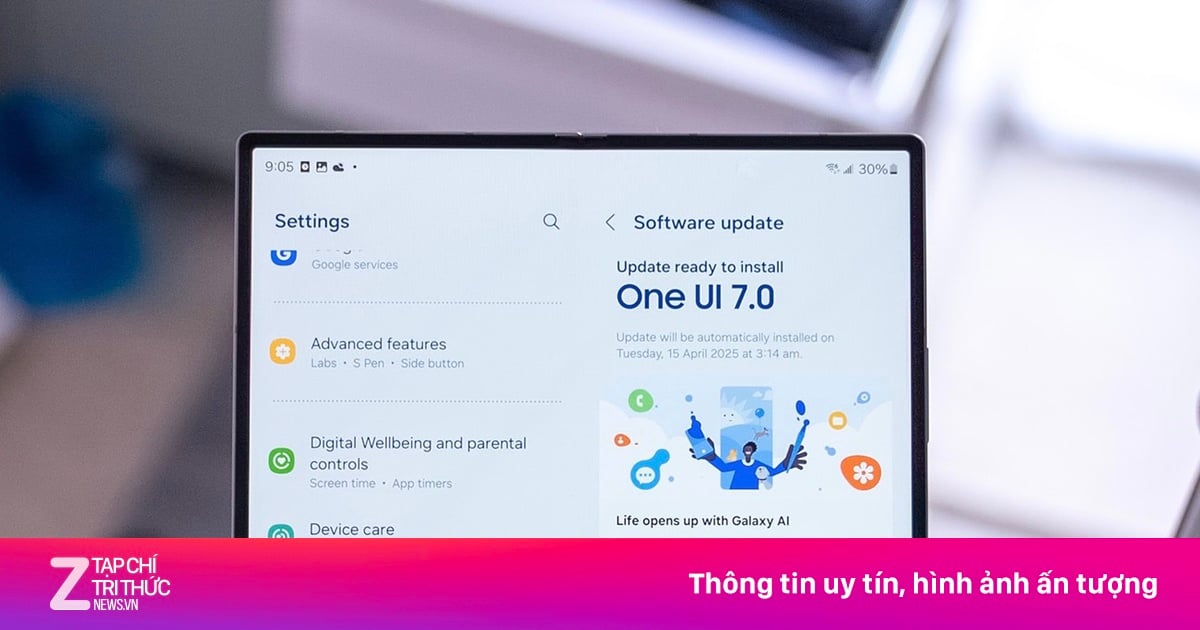

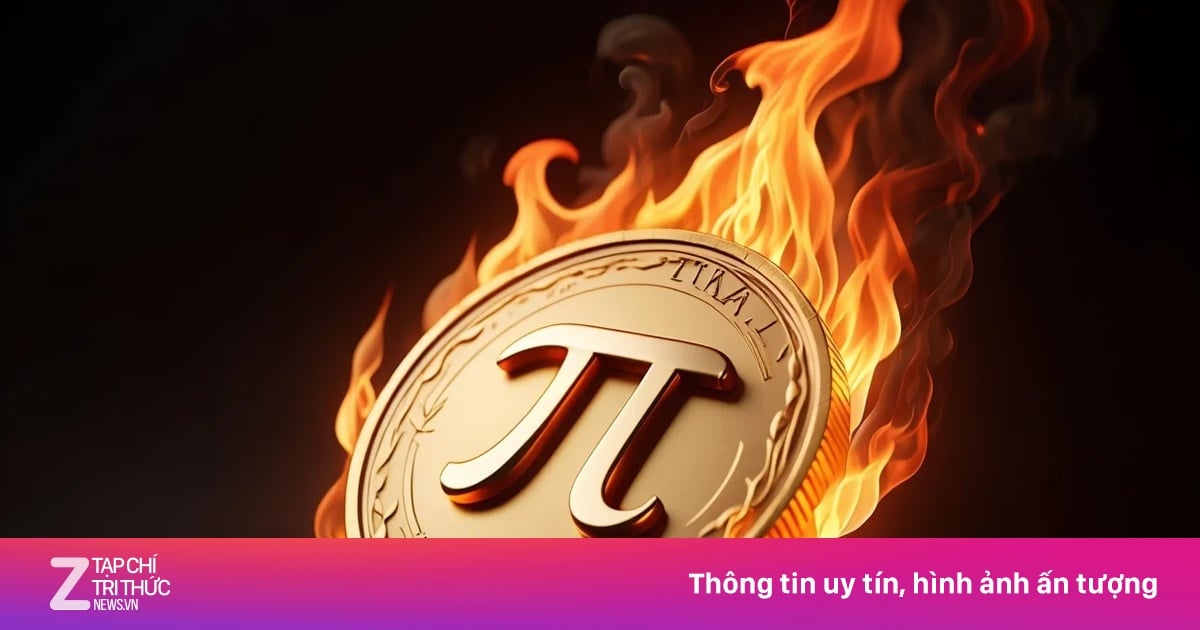










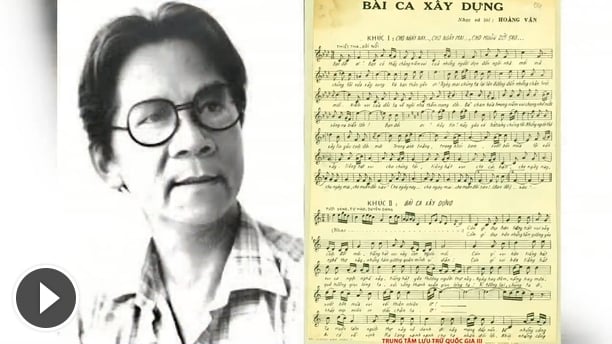



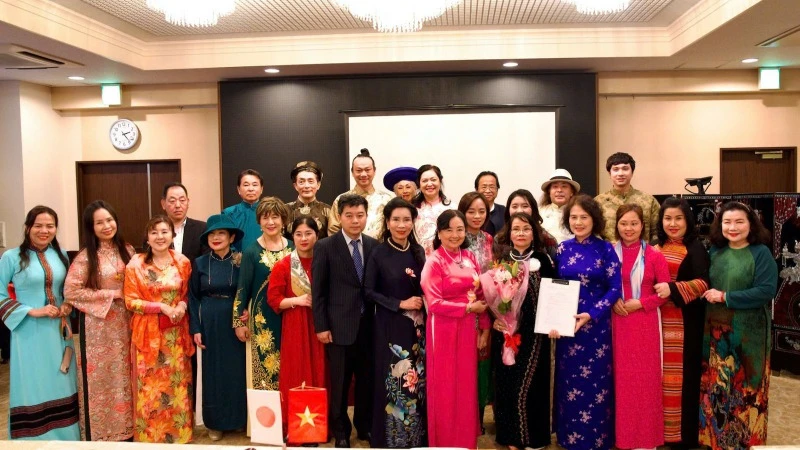






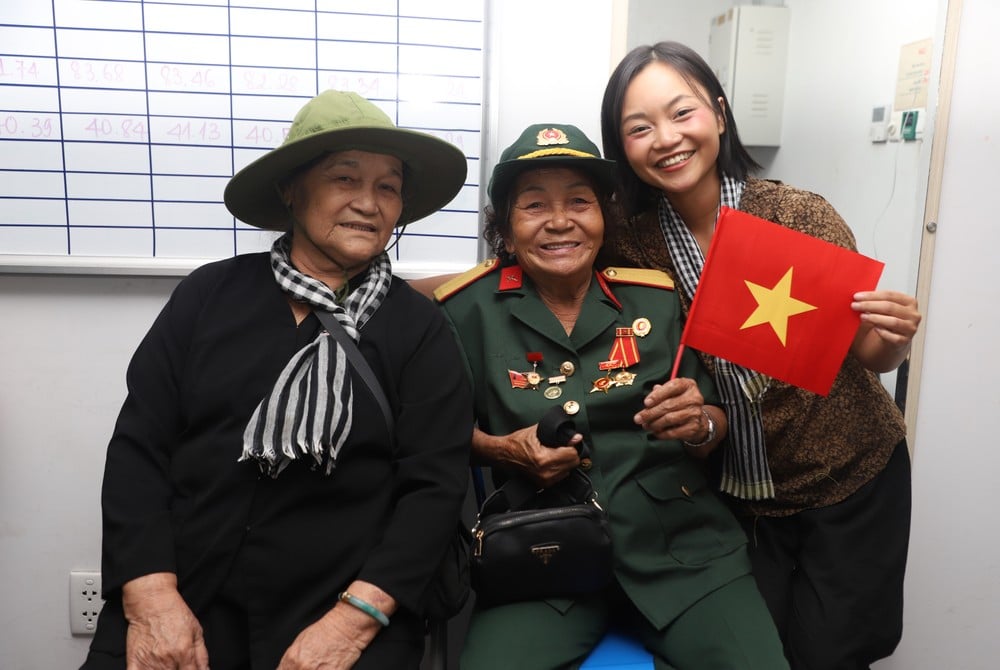

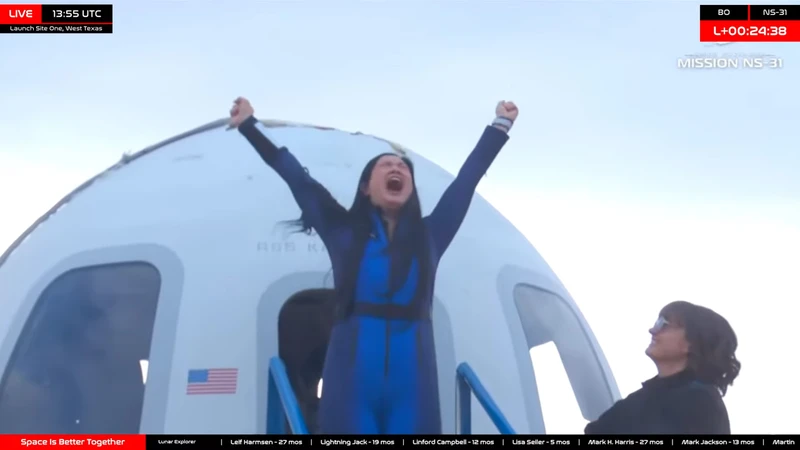
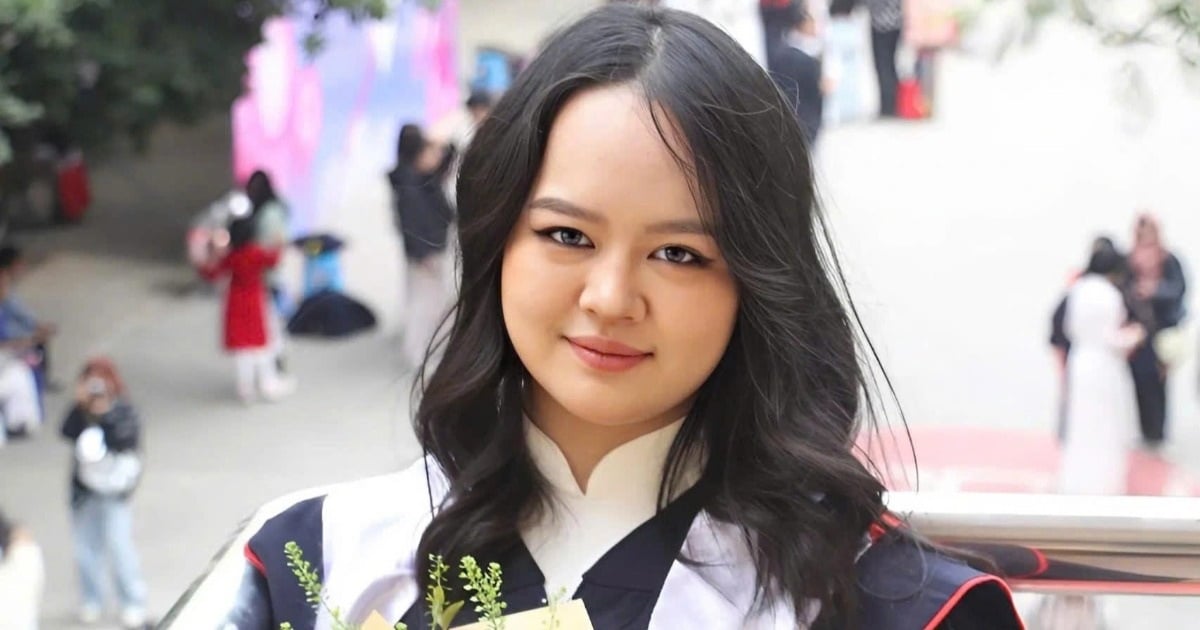



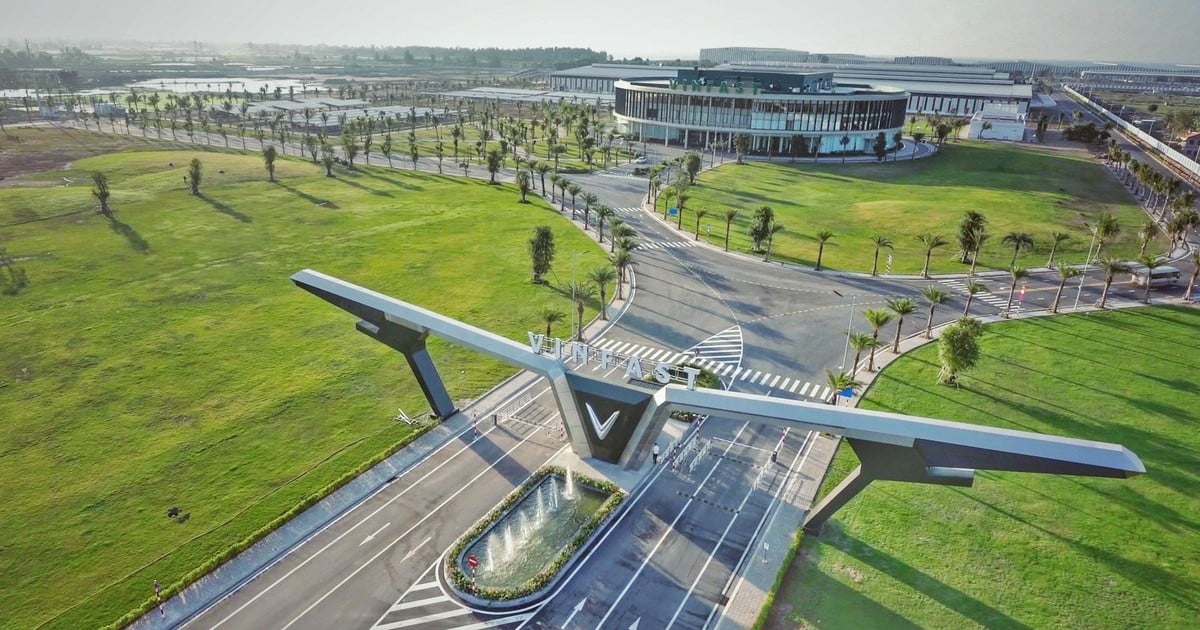
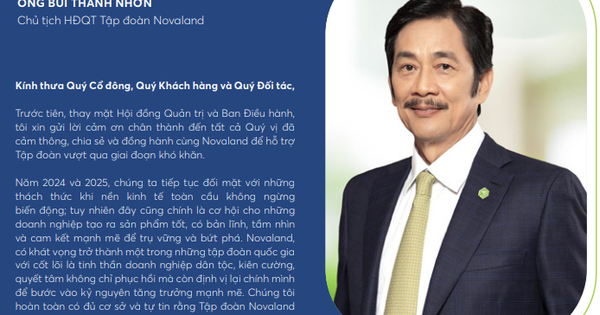











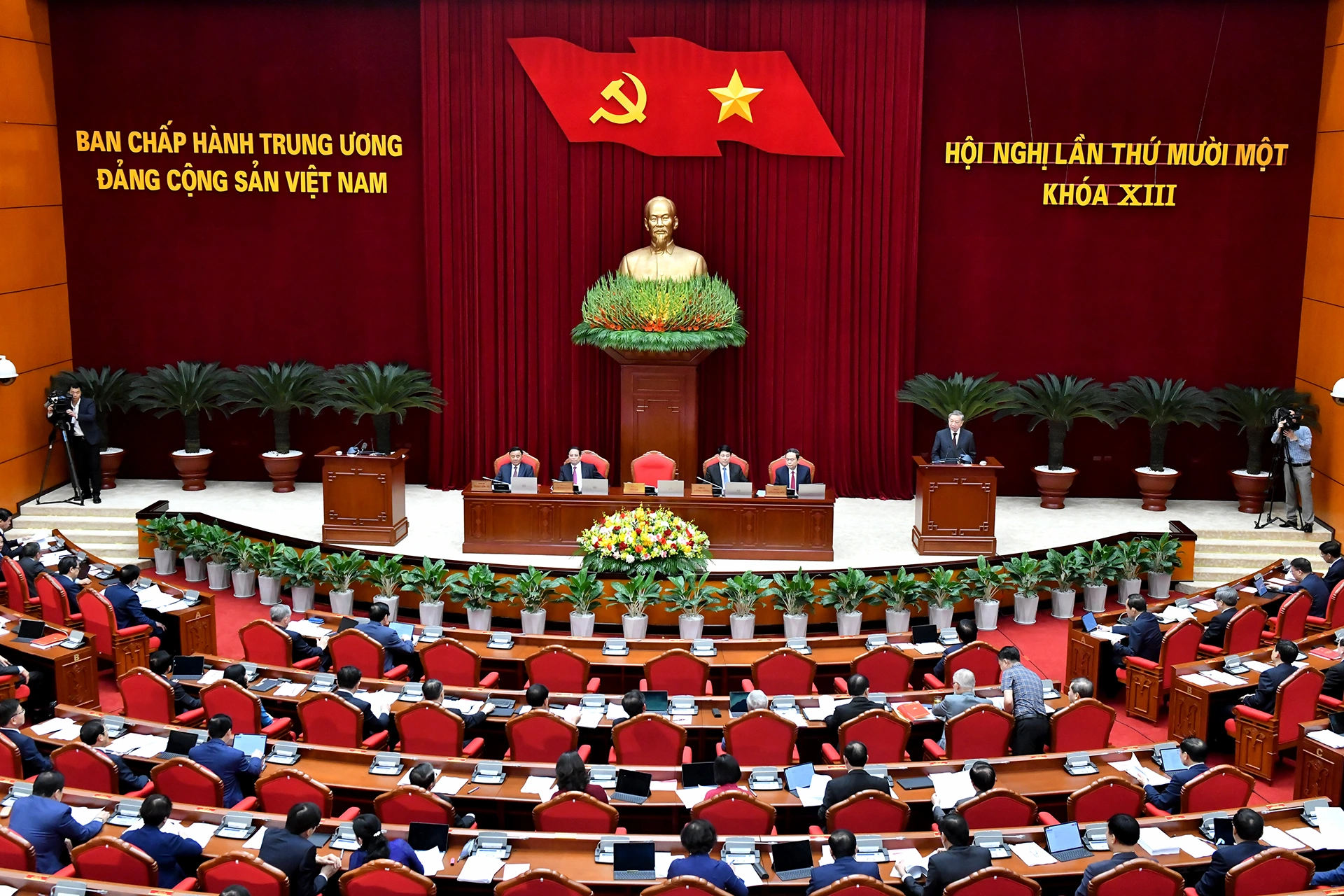




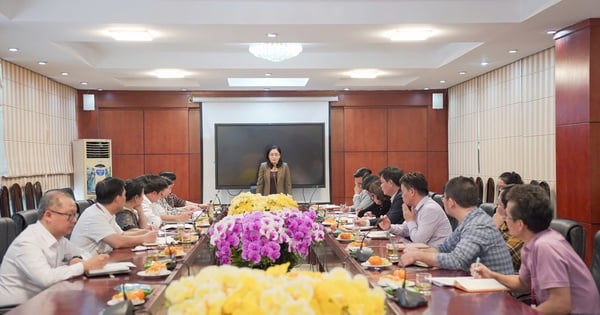

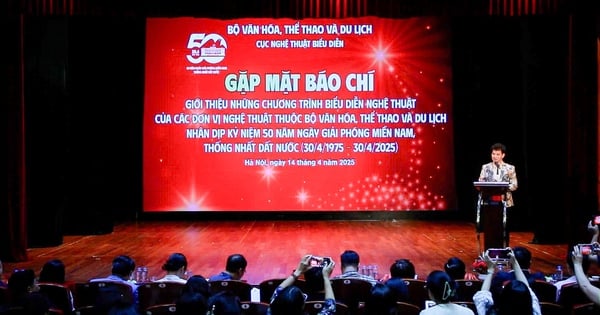
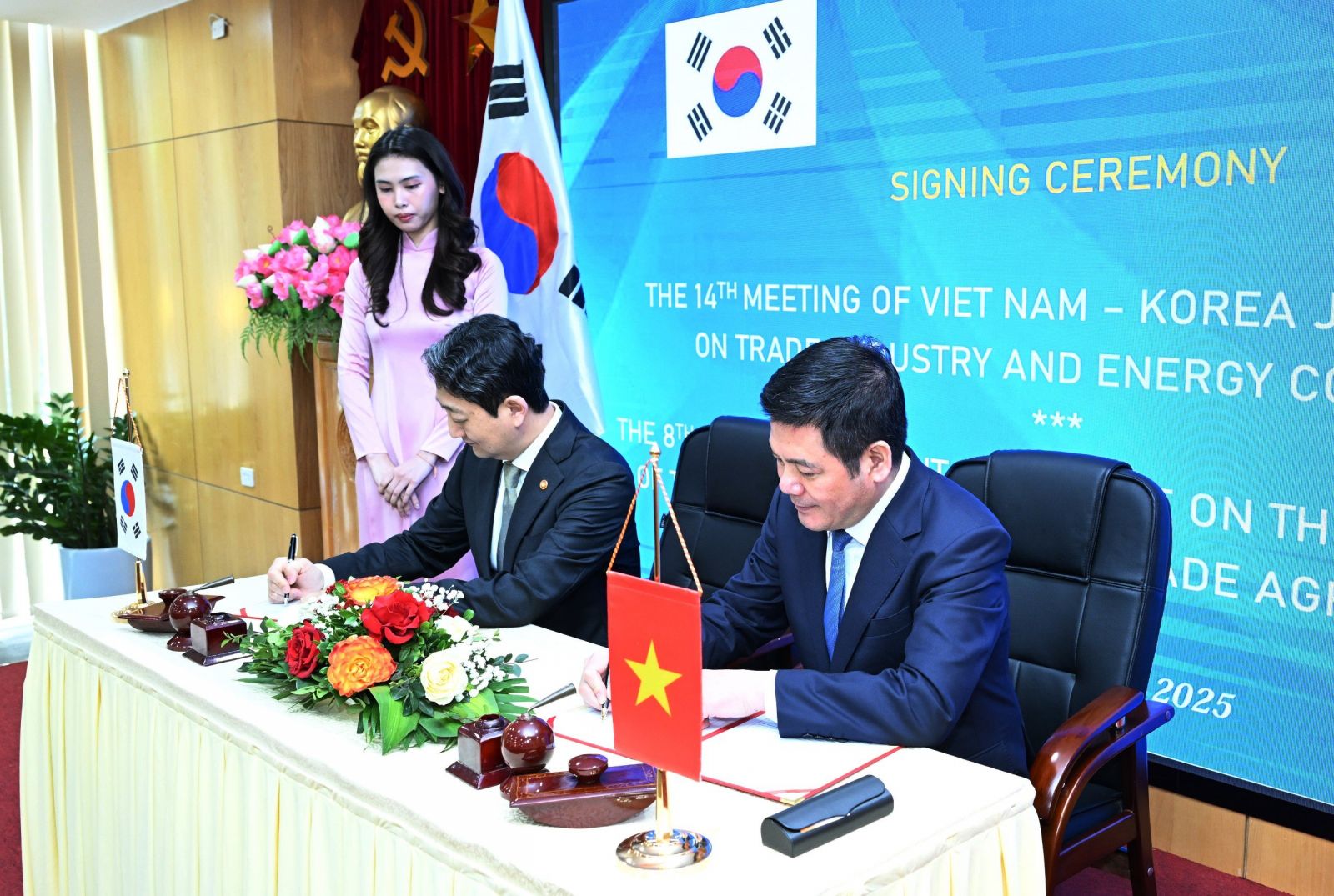

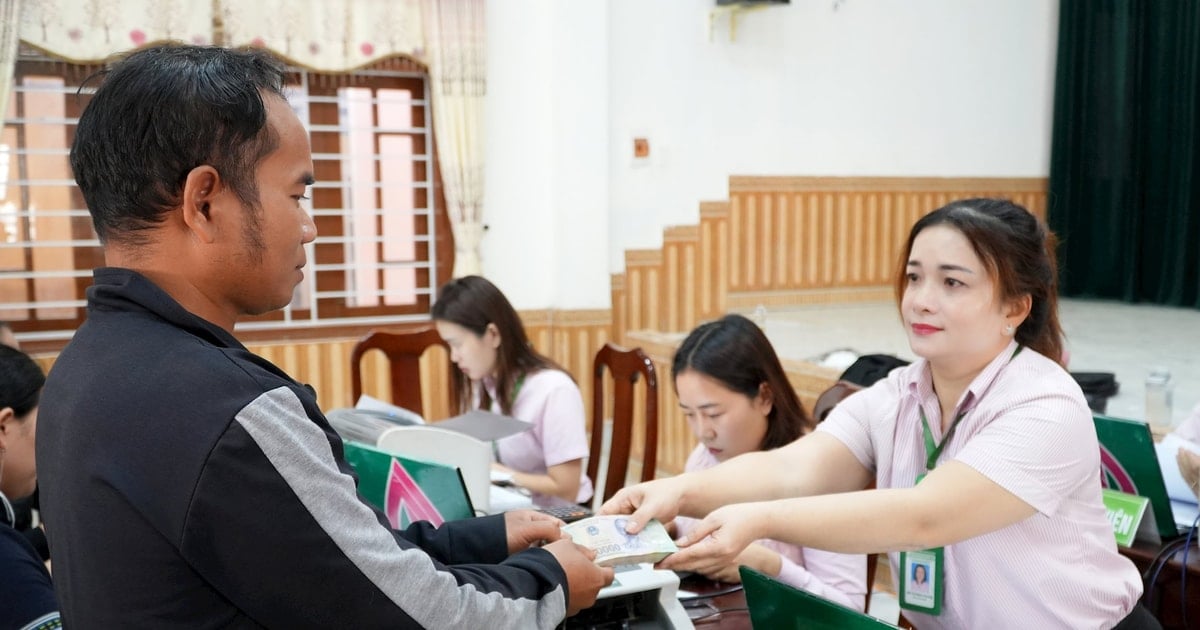

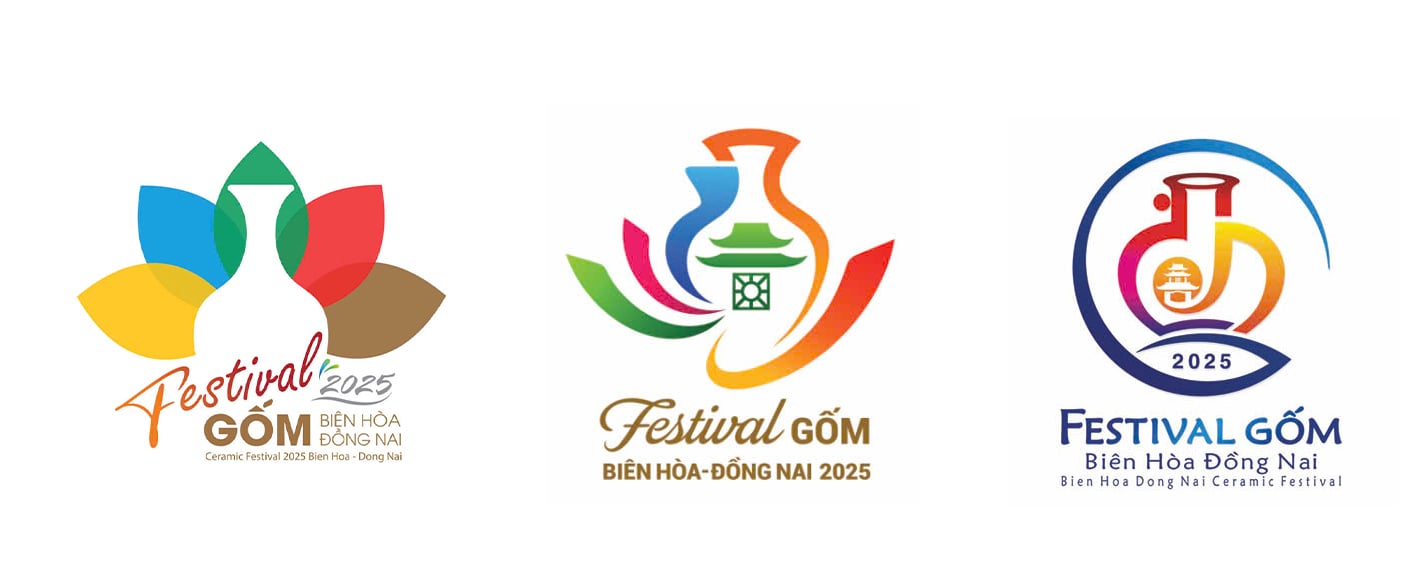

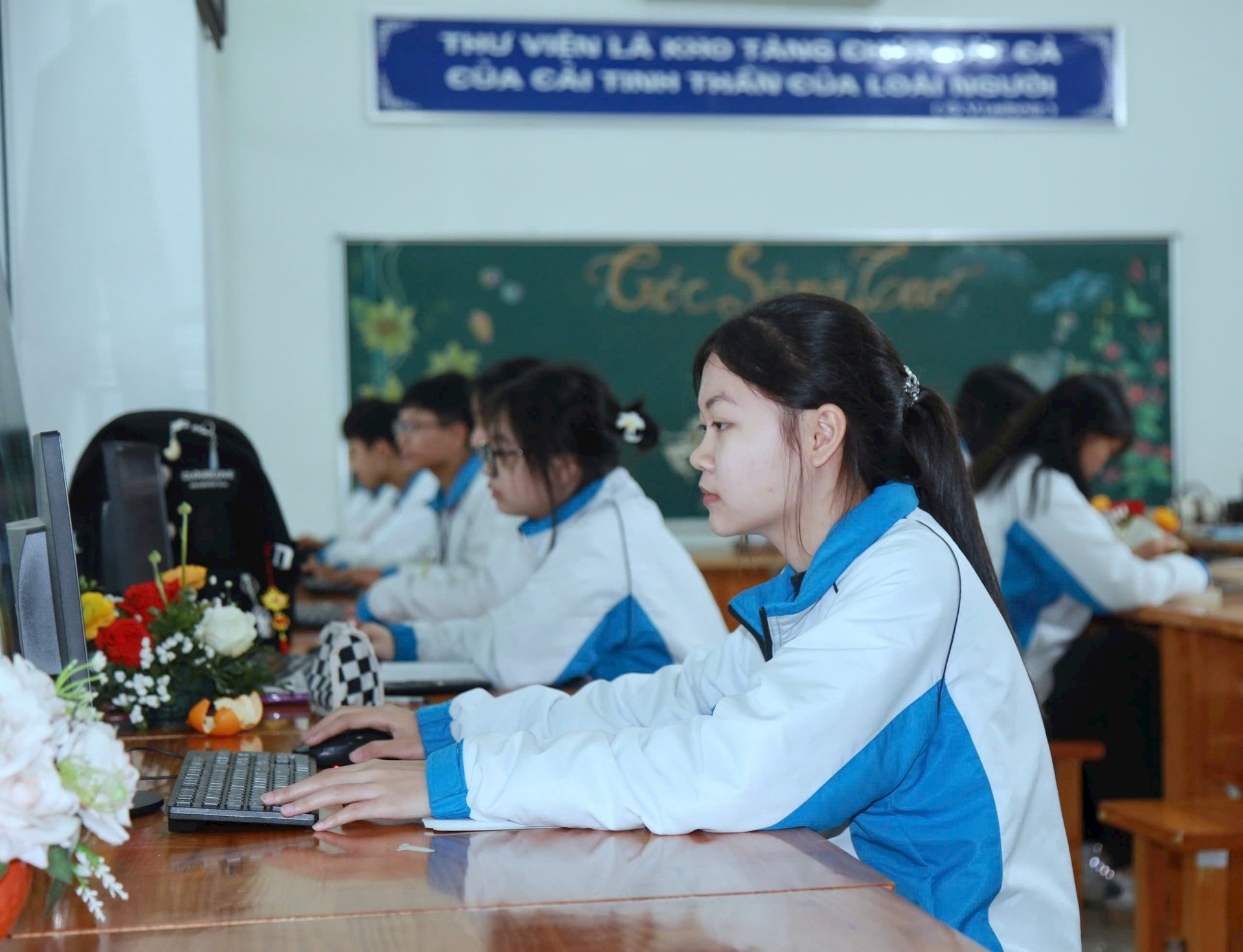

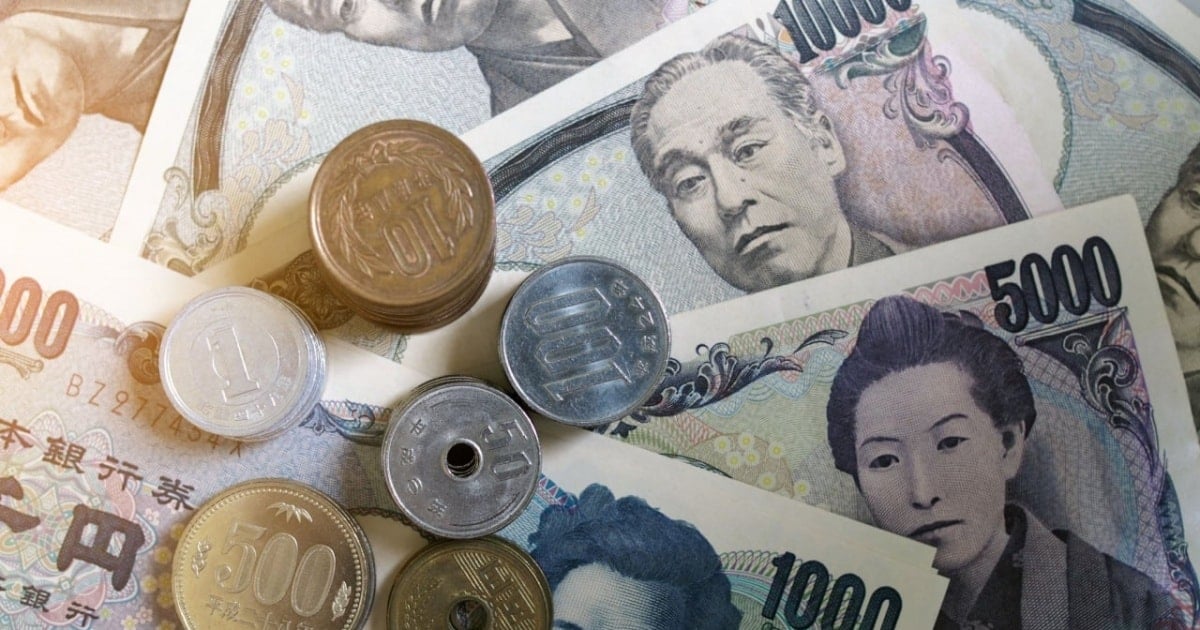

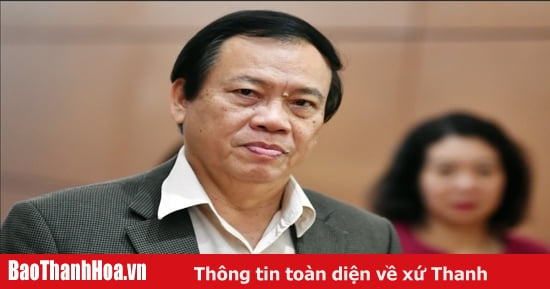

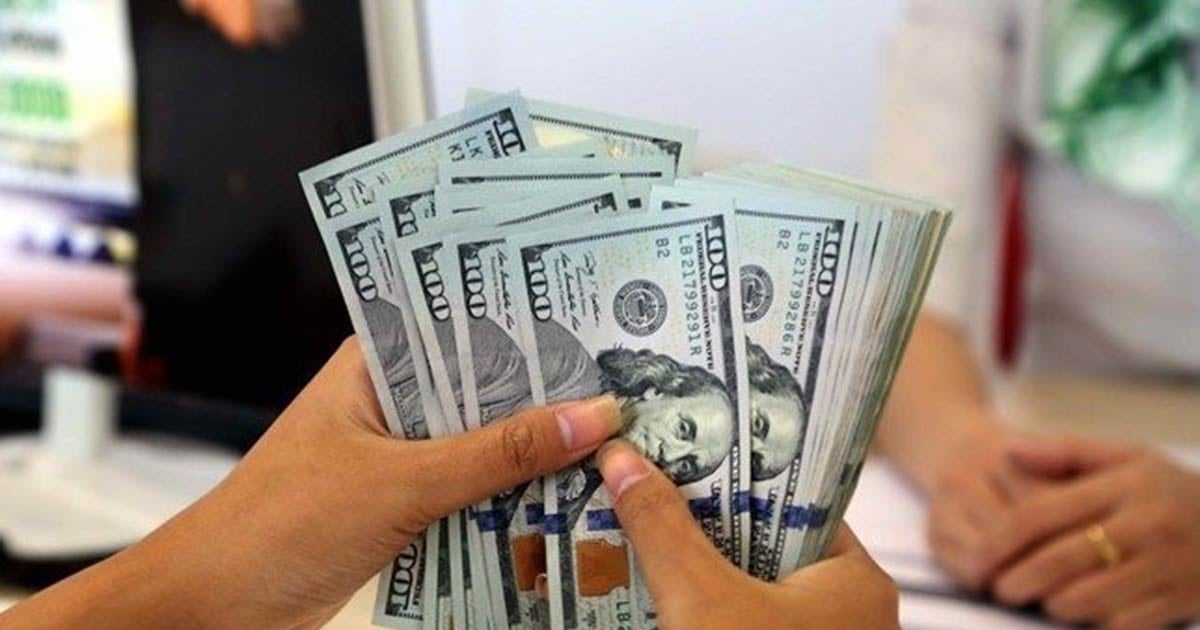









Comment (0)